
Raising awareness of Open Access in the Global South
Credit: Biblioteca UNAH @BibliotecaUNAH
Since we were founded 25 years ago, INASP has been a strong advocate – both publicly and privately – for the importance of access to research and knowledge and its role in sustainable development. Open Access promises to increase the availability of essential information for researchers. We see strong support for this from many researchers but also continued confusion and lack of awareness (we shared some thoughts on this about half-way down this recent Scholarly Kitchen article).
Recognizing these limitations to the effectiveness of Open Access in many of the countries we work in, in 2010 we began working with UNESCO to offer Open Access grants during the annual Open Access Week in October. These grants are used to promote and raise awareness of Open Access. They are small in size but large in impact. Each year participating libraries tell us how their activities raised awareness not just of Open Access but of the library’s role within its institution too, often with student volunteers sharing their experiences with others in creative ways (see, for example, this story from Kenya in 2012 after several years of planned Open Access Week activities).
And these grants can have impact beyond the institutions involved. For example, a grant in 2015 was used to train rural health workers in Tanzania in how to find, evaluate and use OA research resources to improve patient care.
With this year’s OA grants, INASP and UNESCO supported 10 libraries with innovative ideas to raise awareness of Open Access in their institutions. Grants were awarded to institutions in Cuba, El Salvador, Ghana, Honduras, Kenya, Nepal, Nigeria, Tanzania and Zimbabwe.
We are still gathering reports from these projects but the photos and comments shared on Twitter over the past week (and collected here in this Storify) reveal that there were plenty of exciting things going on.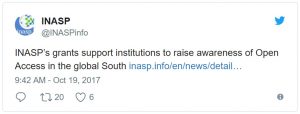
This year’s Open Access Week had the theme of “Open in order to …” We gave INASP’s response to this question to OASPA at the start of the week and we also asked our grant winners for their interpretations of it.
“Open in order to spread the documentary heritage of Honduras to the world,” was the response from the library of Universidad Nacional Autonoma de Honduras, which held talks and a programme on the university channel about the importance of Open Access during the week.
The response from Sandip Shah at Koirala Institute of Health Sciences in Nepal was: “Open in order to empower the young budding healthcare professionals to Open Access, Open Education and Open Data in Nepal.” At this institution in Nepal, the grant was used to run a one-day symposium on Open Access, which attracted more than 100 faculty and students.
Similarly, Redeemers University in Nigeria held an advocacy seminar on the role of Open Access and data in academia. There was also an activity targeted at undergraduate students before the advocacy seminar. For Redeemers University, the message to underline this year was: “Open in order to avoid copyright restrictions”.
Adetomiwa Basiru, who was responsible for Redeemers University’s OA grant application, added:“[Open in order to]…Raise research visibility and Webometrics Ranking of universities. Increase access to data and sum of knowledge.” Basiru sees OA as important because “Free access to scientific knowledge, information and data strengthens the basis for transfer (education) and development (research).”
Other activities that took place this year thanks to the UNESCO/INASP grants included promotion of institutional repositories, awareness raising of institutional OA policies, bringing together researchers from different institutions to share OA advice, and training in using the Think. Check. Submit. campaign to choose appropriate and trustworthy OA journals.

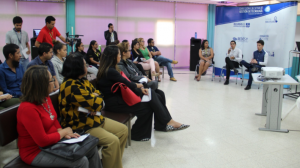
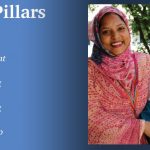 Previous Post
Previous Post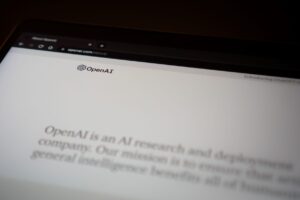
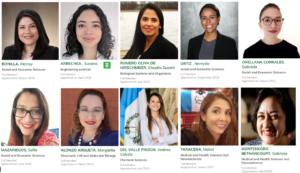

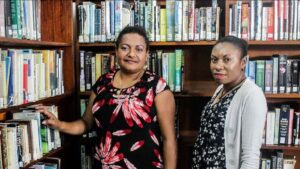
Nice initiative taken by INASP even I was winner of two OA week competitions. I am also doing research on OA in Asian and found many country in Asia are not yet aware about Open Access .
need to raise awareness in such countries.